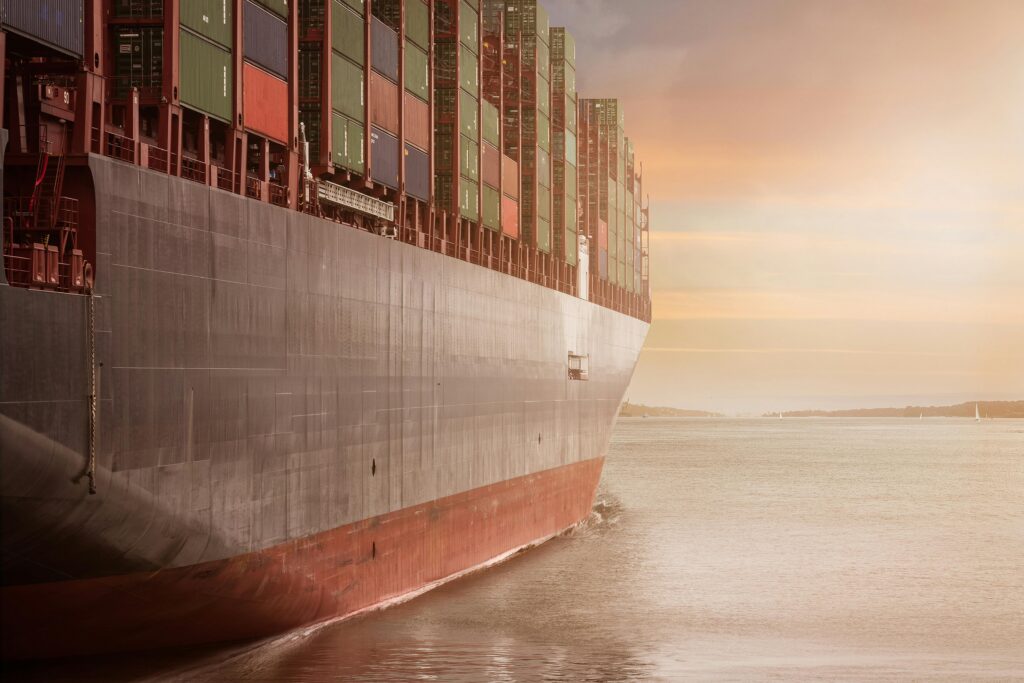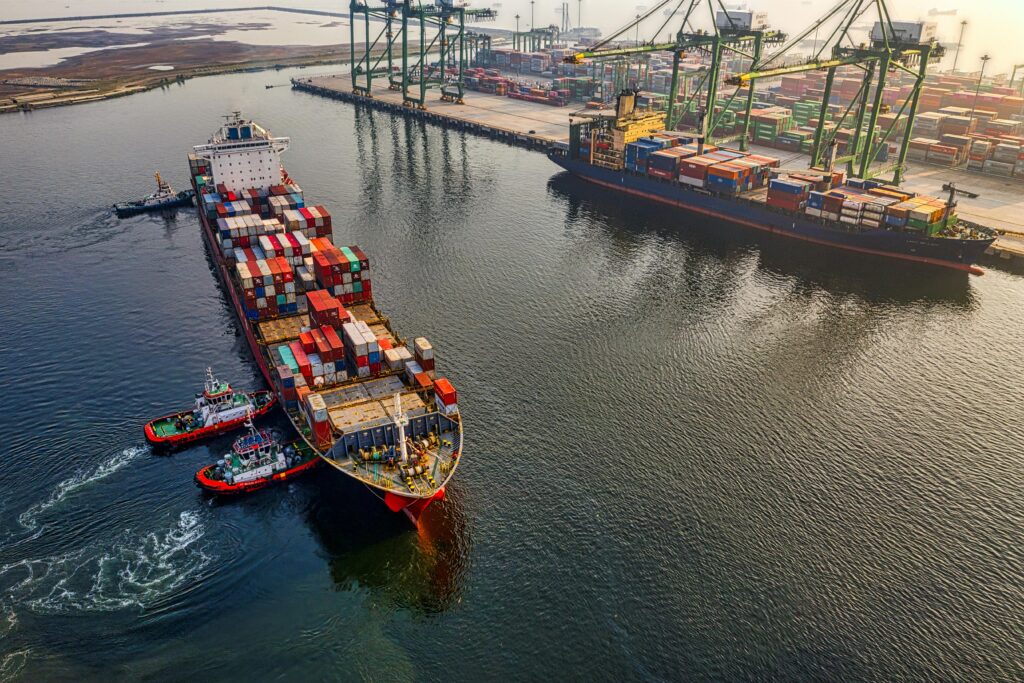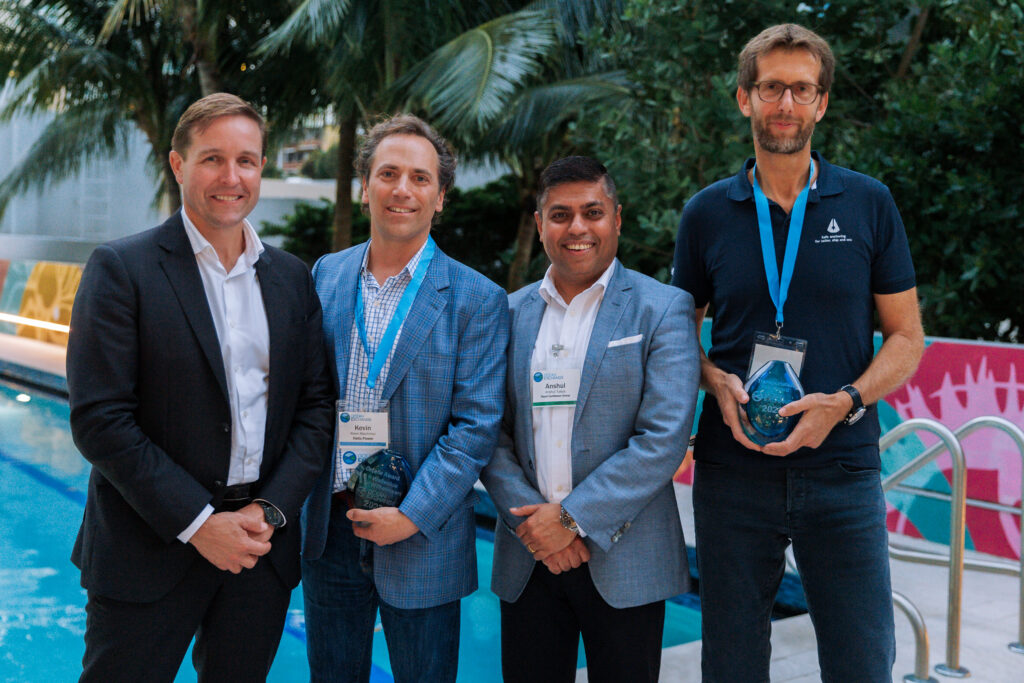By Anshul Tuteja, Ocean Exchange Executive in Residence, 2024
The maritime industry, a vital artery of global trade, has long been associated with economic growth but also environmental challenges. As the world’s attention turns increasingly towards sustainability, the urgent need to decarbonize shipping operations has become increasingly apparent. Maritime decarbonization and sustainability are now at the forefront of discussions at Ocean Exchange, as we seek innovative solutions to address this hard-to-abate sector’s carbon footprint.


Shipping currently accounts for approximately 3% of global GHG emissions, and without significant intervention, this figure is projected to rise to 10% by 2030. However, with the complexity of maritime operations, coupled with the industry reliance on fossil-fuels, presents unique challenges in the quest for the “Net-Zero” targets. Nonetheless, this challenge also presents an opportunity for innovation and collaboration to propel the maritime sector towards a greener horizon.
One of the key avenues for significant emissions reduction is the adoption of alternative low or near-zero carbon fuels. In addition to that, advancements in shipboard energy production and energy-efficient consumption hold a promise for decarbonizing maritime operations. From wind assist and sail propulsion systems to hydrogen fuel cells and battery electric propulsion, there are a wide array of both software and hardware technologies being developed to reduce emissions and increase energy efficiency on ships. These novel solutions not only offer environmental benefits but also have the potential to improve the economic viability of shipping operations in the long term.

Furthermore, Digitalization & Data Analytics play a crucial role in optimizing vessel performance and reducing fuel consumption. From weather-route optimization and hull cleaning to predictive maintenance and anomaly detection, digital technologies offer a myriad of opportunities to enhance sustainability. However, while technological solutions are essential for driving the decarbonization efforts, addressing the systemic challenges facing the industry requires a holistic approach. This includes regulatory framework and market mechanisms that incentivize the adoption of alternative fuels, technologies, sustainable practices, investment in assets, infrastructure, and even more important collaboration among stakeholders across the industry and beyond.
As we navigate towards a greener future, it’s imperative that we embrace innovation and collaboration to accelerate the transition. The time to act is now as we call on novel technological solutions from start-ups to established technology firms, as together we can steer towards a brighter and cleaner future for the seas.

Anshul Tuteja is a maritime executive with over 20 years of experience in strategic leadership and technical roles scaling sustainable business solutions and creating a multi-dimensional framework to accelerate innovation and change. He supports Ocean Exchange as our 2024 Executive in Residence. Read his full bio here.



